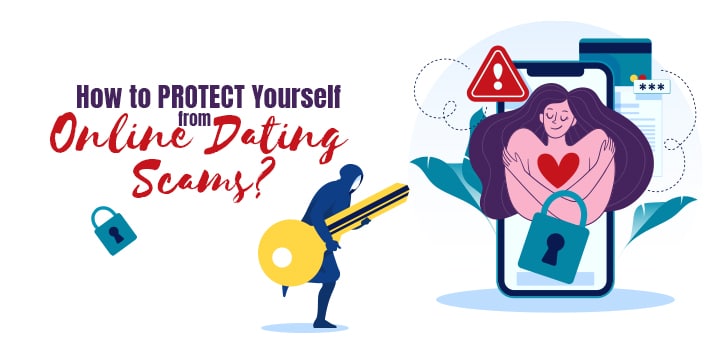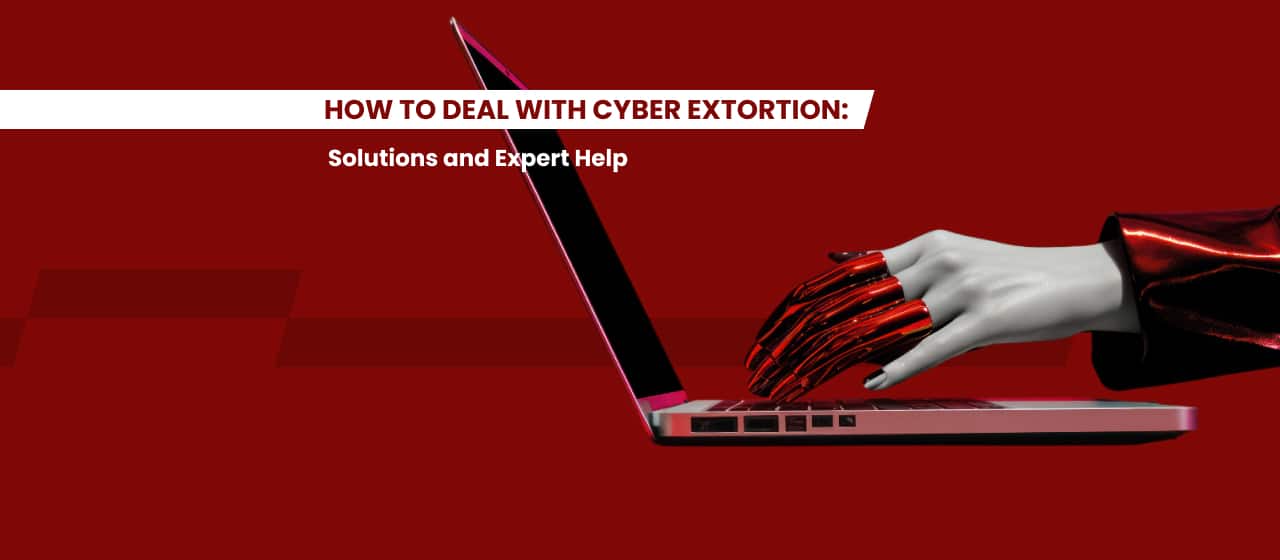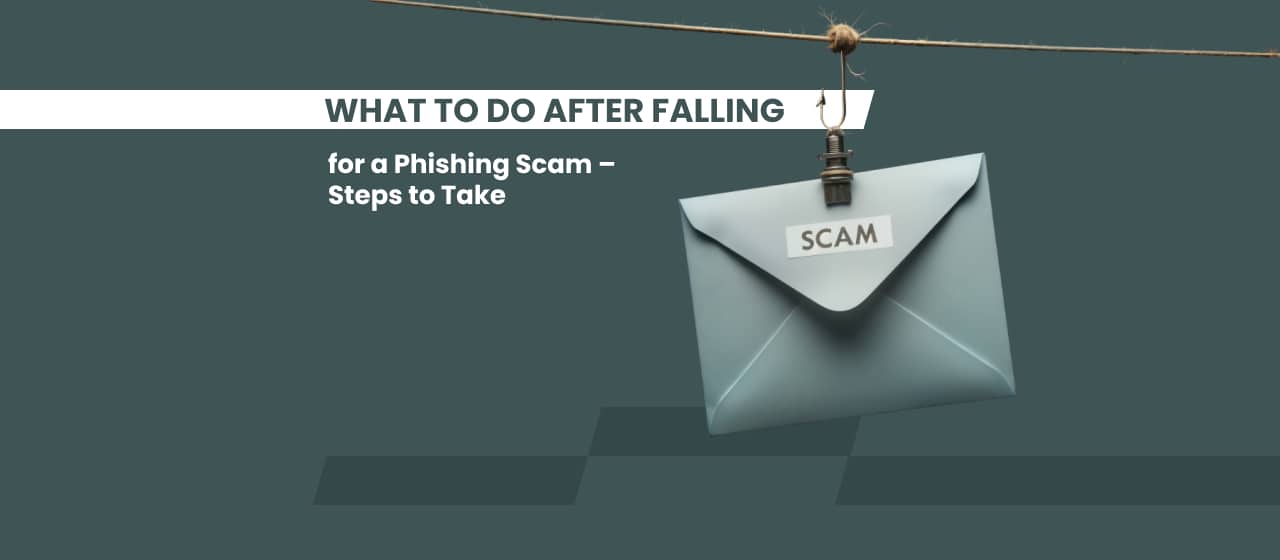How to Protect Yourself from Online Dating Scams?
Sure, online dating websites and apps are a fun and easy way to meet new people in your city. But are you aware of the dangers that reside on these platforms? Online dating scams are becoming more popular due to cybercriminals easily disguising their identities. This blog will give you the necessary tips to identify an online dating scammer and their ploys and what you can do to protect yourself from becoming their next victim.
What Is an Online Dating Scam?
An online dating scam is when someone uses deception or fraud to get money from someone they meet through a dating website. They create fake profiles with stolen photos and false information and then try to gain your trust by sending romantic messages and telling stories about their lives.
Once they have gained your trust, they will ask for money or personal information such as banking details or credit card numbers. It’s important to note that even if the person does not ask for money directly, any request for bank details or other personal information should raise alarm bells.
What are the signs of an online dating scammer?
Online dating scammers are good at what they do; however, how they work and carry out their schemes is identifiable, and knowing how they move will give you a greater chance to call out their scams. Here are some signs you might be speaking with an online dating scammer.
- Eager to get to know you and drown you with compliments and attention, aka “love-bombing.”
- Ask you many personal questions about work, family, etc., that feel invading.
- Try to sell you a service or a deal that seems too good to be true.
- Asks you for sexual content too soon into the conversation.
- Limited photos of themselves or questionable pictures with poor quality.
- Requests for money and gifts.
- Refusal to video chat or meet in person.
What are the main methods to protect yourself from scams?
Research the Person You Are Meeting
Before giving out personal information, research the person you’re communicating with. Start by searching for their name on social media sites like Facebook and LinkedIn. If they have an account on any of these sites, look for discrepancies between their profile information and what they told you about themselves. Also, be wary if they refuse to provide personal details or photos of themselves—this could be a sign that they are hiding something from you.
Be Wary of Requests for Money
It’s not uncommon for scammers to ask for money from their victims under various pretenses, such as helping a family member in need or paying for travel expenses so they can come to visit you. If someone asks for money during your relationship, it could be a red flag that they are not whom they say they are and should not be trusted with your money or personal information.
Look Out for Inconsistencies in Their Story
Scammers often use false identities or create elaborate stories to gain sympathy or trust from their victims before asking them for money or other assistance. Please pay close attention to what your potential date says and looks out for any inconsistencies in their story that don’t add up. Ask questions if something doesn’t seem right, and take your time getting to know the other person before committing to anything more serious than casual conversation.
Trust Your Instincts
It’s best to trust your gut when meeting people online. If something feels off or too good to be true, it probably is — so don’t be afraid to walk away from any suspicious interactions or conversations. Also, be aware of red flags like someone asking for your home address very soon after you start communicating with them or asking inappropriate questions about your finances.
How to Report a Dating Scam
If you suspect someone is trying to scam you, the best thing you can do is immediately report blackmail. Contact the dating site directly and report the scammer’s profile and messages — most sites have dedicated teams that handle these types of reports.
Next, contact your local law enforcement agency and the FBI’s Internet Crime Complaint Center (IC3) and make a detailed report about the incident. Be sure to provide as many details as possible so they can track down the person behind the scam. Include names, dates, emails, and harassing messages.
We also suggest contacting cybercrime experts and hiring a cyber investigator to help you promptly. The police and the FBI will likely take longer to assist in your situation based on their caseload or what they deem urgent. That being said, you can report the crime to us here at Cyber Investigation. We are available 24/7 to take on your case and specialize in cyber scams and online blackmail.







